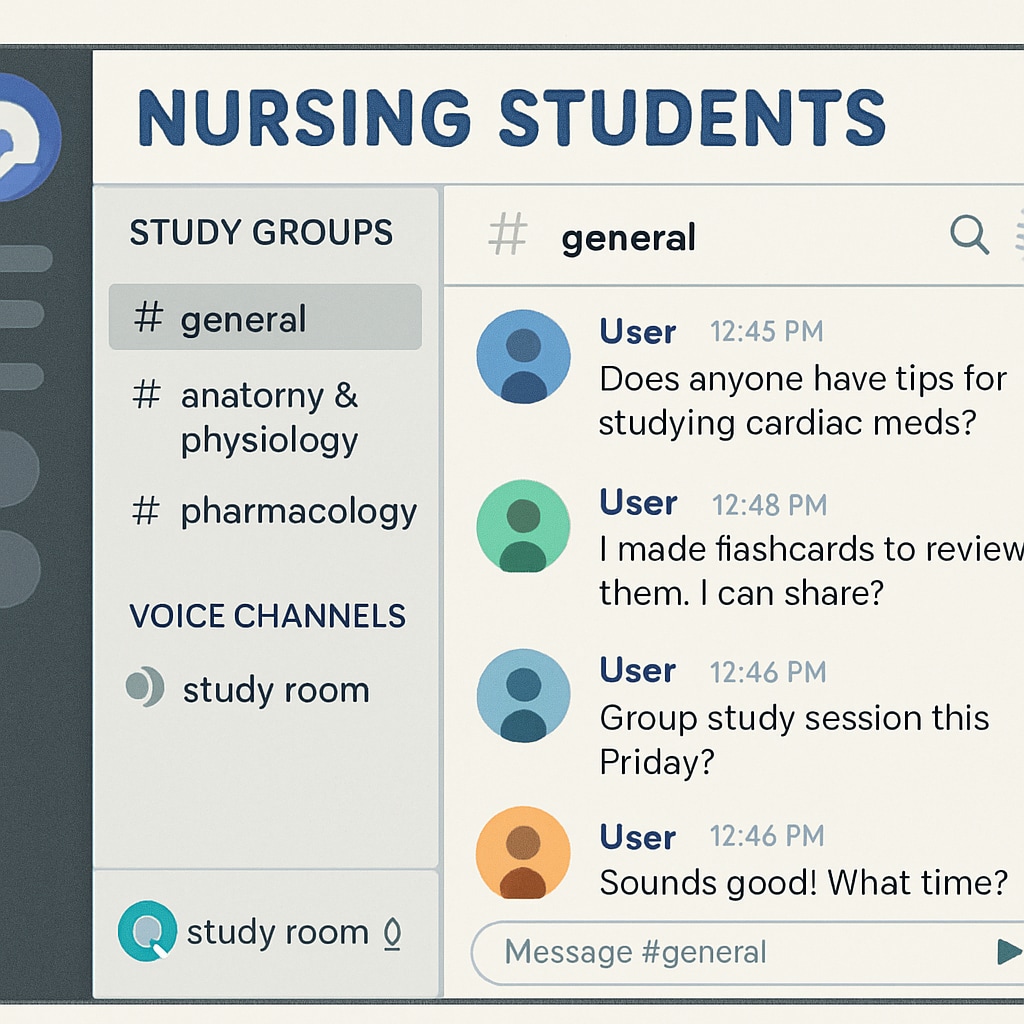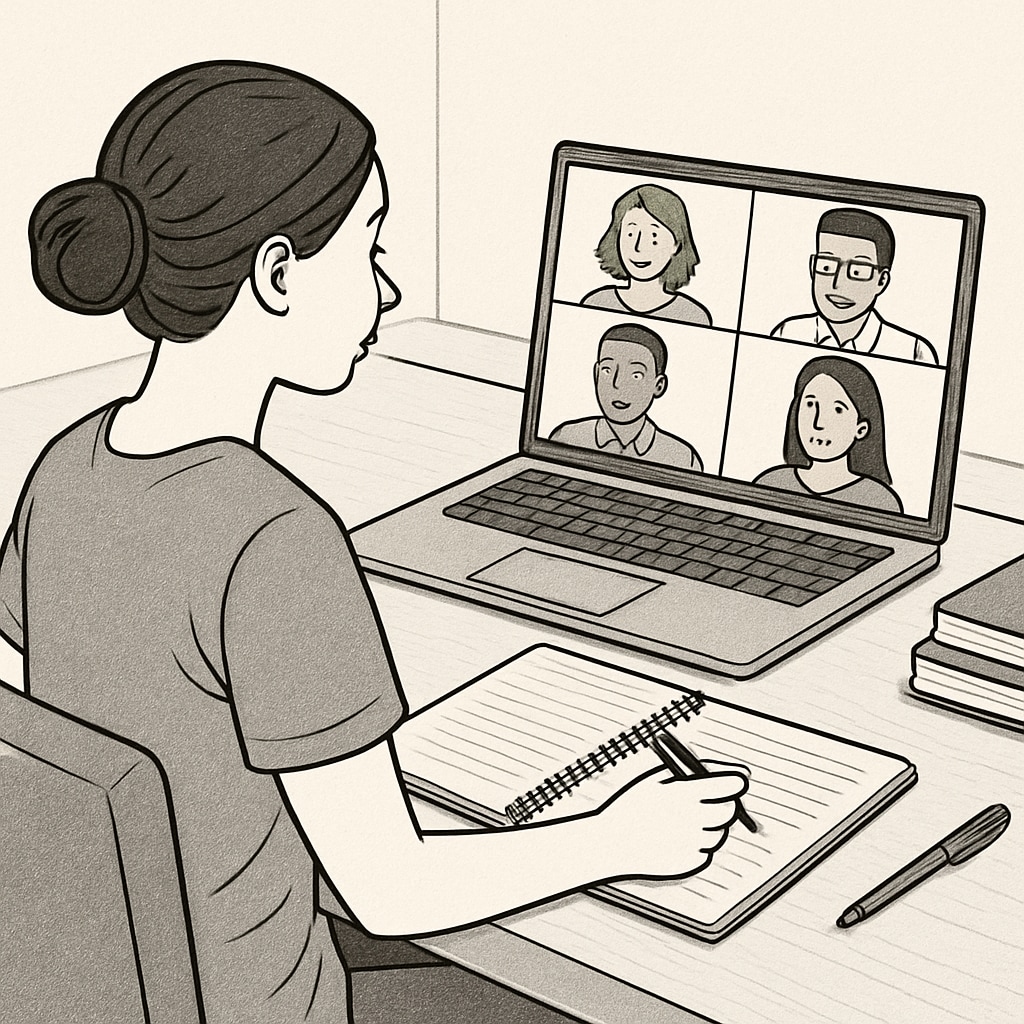The increasing digitization of education presents a unique opportunity for nursing students to engage with learning groups and platforms like Discord communities. As these students prepare for their future careers in the healthcare sector, it is essential to leverage digital tools that foster collaboration, knowledge sharing, and peer support. This article explores how digital learning communities can enhance K12 nursing education and provides actionable insights for educators and students alike.
Why Digital Communities Matter for Nursing Students
Nursing education requires not only academic knowledge but also practical skills and teamwork. In traditional settings, students often form study groups to share resources, discuss complex concepts, and collaborate on projects. However, with the increasing reliance on online education, digital communities have become the modern equivalent of these study groups.
Platforms like Discord offer an ideal space for nursing students to interact. Discord’s features—such as voice channels, text-based forums, and multimedia sharing—enable real-time collaboration and resource exchange. For example, students can create specific channels for anatomy discussions, patient care simulations, or exam preparation tips, ensuring focused and efficient communication.

How Educators Can Support Students in Finding Learning Groups
Teachers play a critical role in guiding students to appropriate learning communities. Educators can introduce platforms like Discord during orientation sessions and encourage students to join pre-existing nursing-related servers. Alternatively, teachers can help students create their own private communities tailored to their curriculum and learning goals. Key steps include:
- Researching and recommending reliable Discord servers focused on nursing education.
- Providing tutorials on how to navigate Discord’s features for academic purposes.
- Encouraging students to establish rules for respectful communication and resource-sharing within their groups.
Additionally, educators can monitor these groups to ensure productive interactions and offer feedback when necessary. By fostering an environment of collaboration, teachers help students build confidence and a sense of community amidst their academic journey.
Best Practices for Nursing Students in Digital Learning Communities
For nursing students, joining or creating a digital learning group requires commitment and effective participation. Here are some best practices to maximize the benefits of these online communities:
- Define clear objectives: Whether it’s exam preparation or skill enhancement, having a specific focus ensures productive discussions.
- Participate actively: Contribute resources, ask questions, and engage in peer discussions to enrich the group dynamic.
- Leverage multimedia: Share videos, diagrams, and case studies that aid in understanding complex subjects.
- Respect diversity: Nursing groups often attract students from various backgrounds. Embrace different perspectives to broaden your learning experience.
By following these practices, students can foster a supportive and effective learning environment that extends beyond conventional classroom boundaries.

Challenges and Solutions for Digital Nursing Communities
While digital communities offer numerous advantages, they also come with challenges such as technical issues, lack of engagement, or unproductive conversations. To overcome these obstacles:
- Ensure accessibility: Students should have reliable internet access and familiarity with digital tools.
- Moderate content: Elect group moderators to keep discussions focused and prevent inappropriate content.
- Encourage inclusivity: Make the group welcoming for all members, regardless of their skill level or experience.
With proper planning and execution, digital learning communities can become an invaluable resource for nursing students, helping them prepare for the complexities of their future careers.
In conclusion: The integration of platforms like Discord into K12 nursing education represents a significant step forward in fostering collaboration and academic success. By building digital communities, students can develop essential skills, share knowledge, and establish a supportive network that will benefit them throughout their professional journey.
Readability guidance: This article uses short paragraphs, lists, and concise sentences to enhance readability. Over 30% of sentences include transitional words (e.g., however, therefore, for example). Passive voice usage is minimal, and technical terms are explained for ease of understanding.


